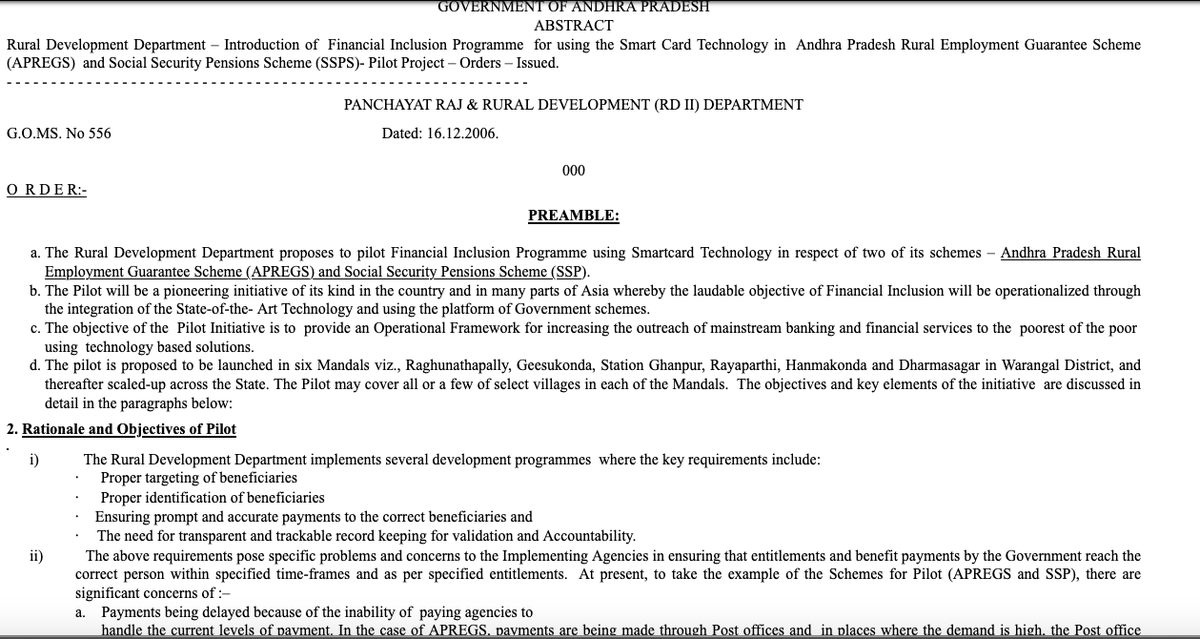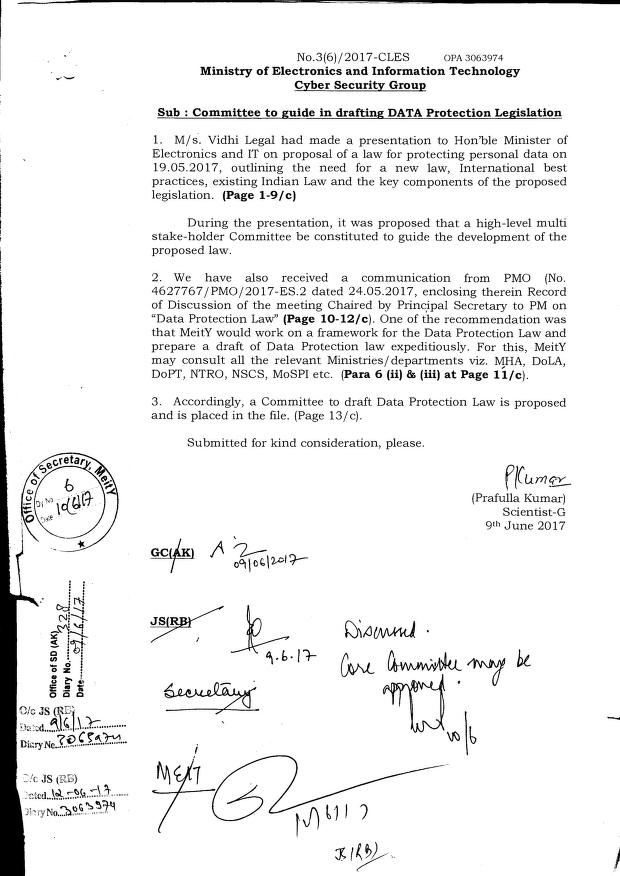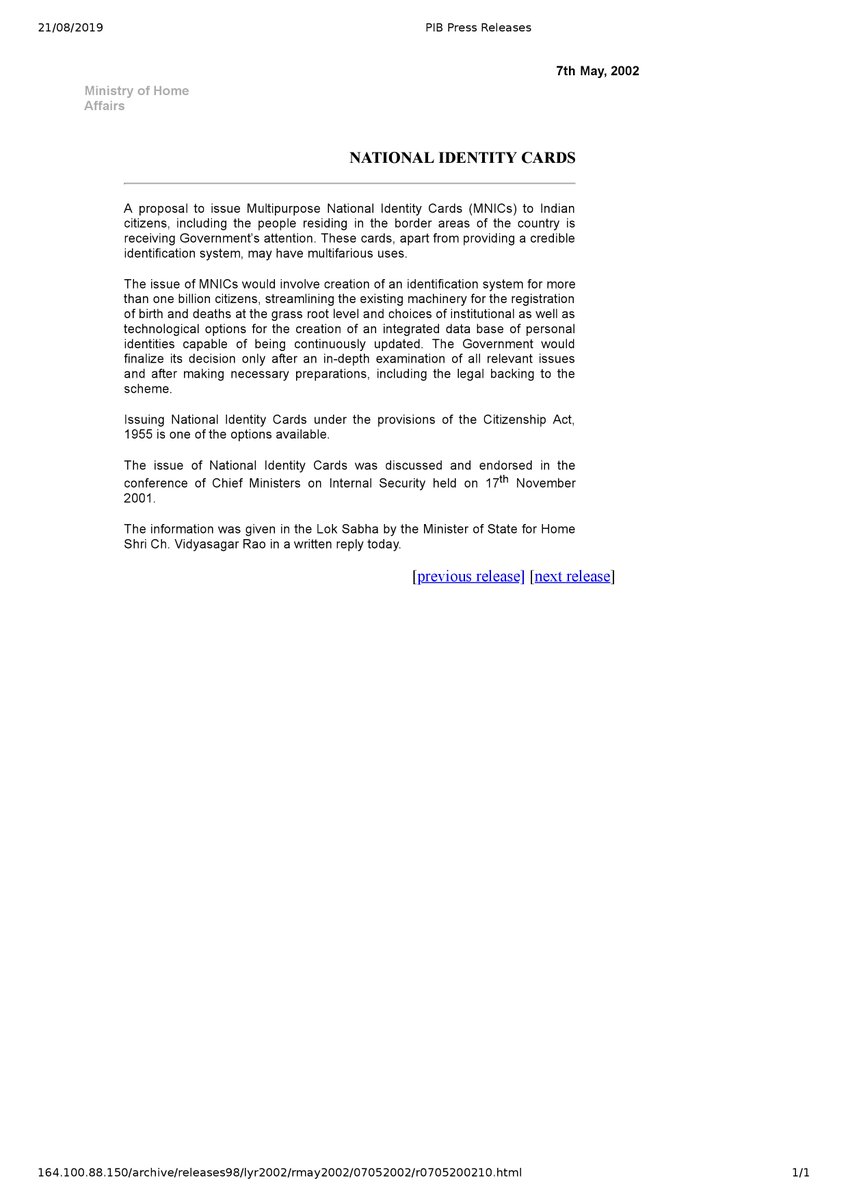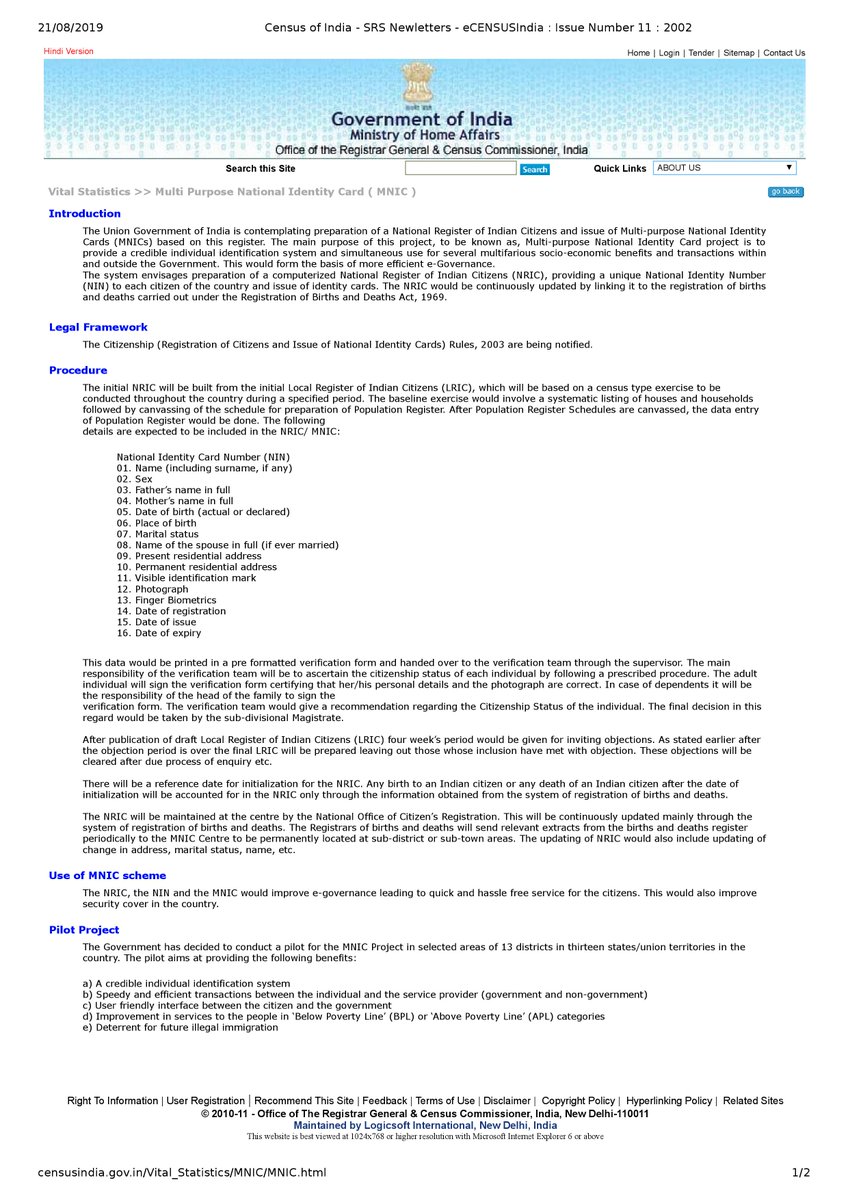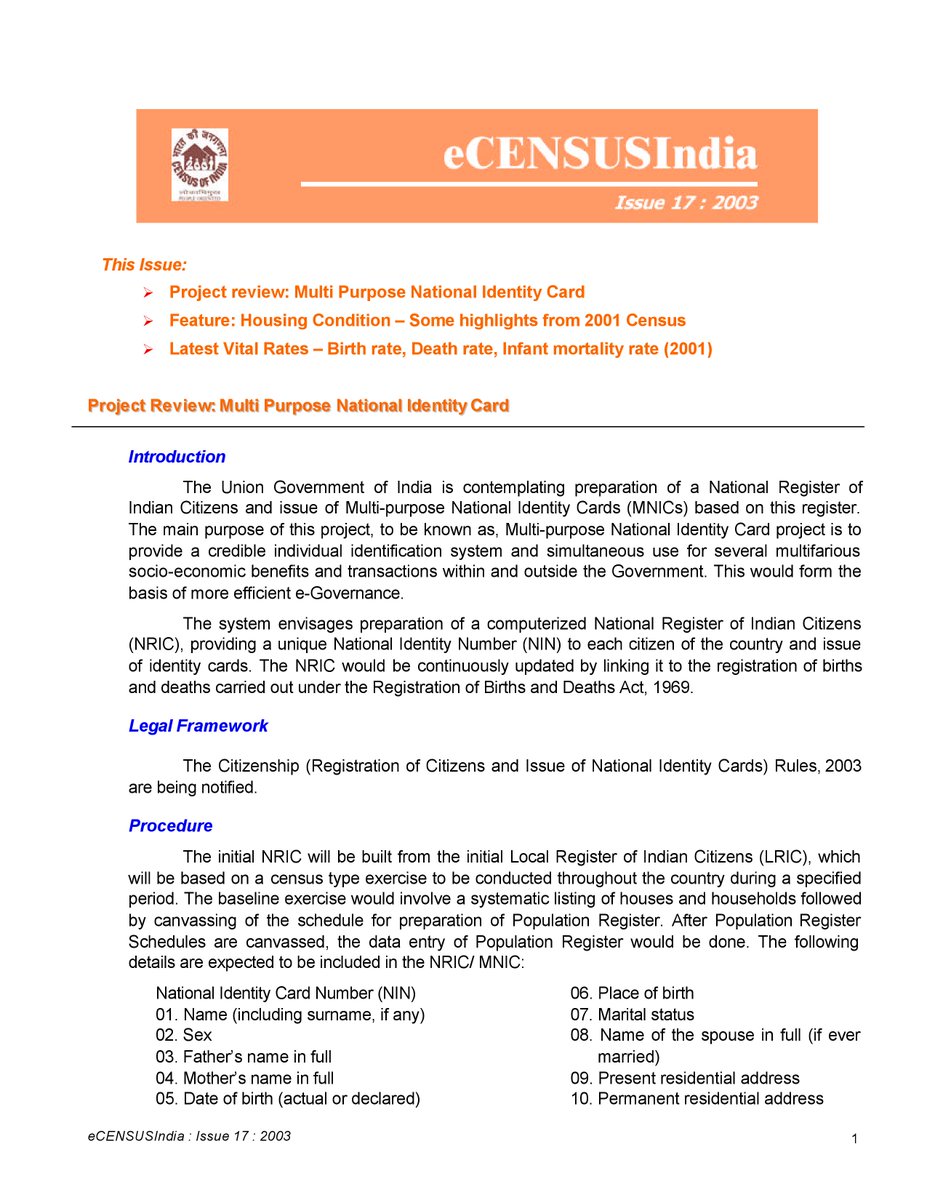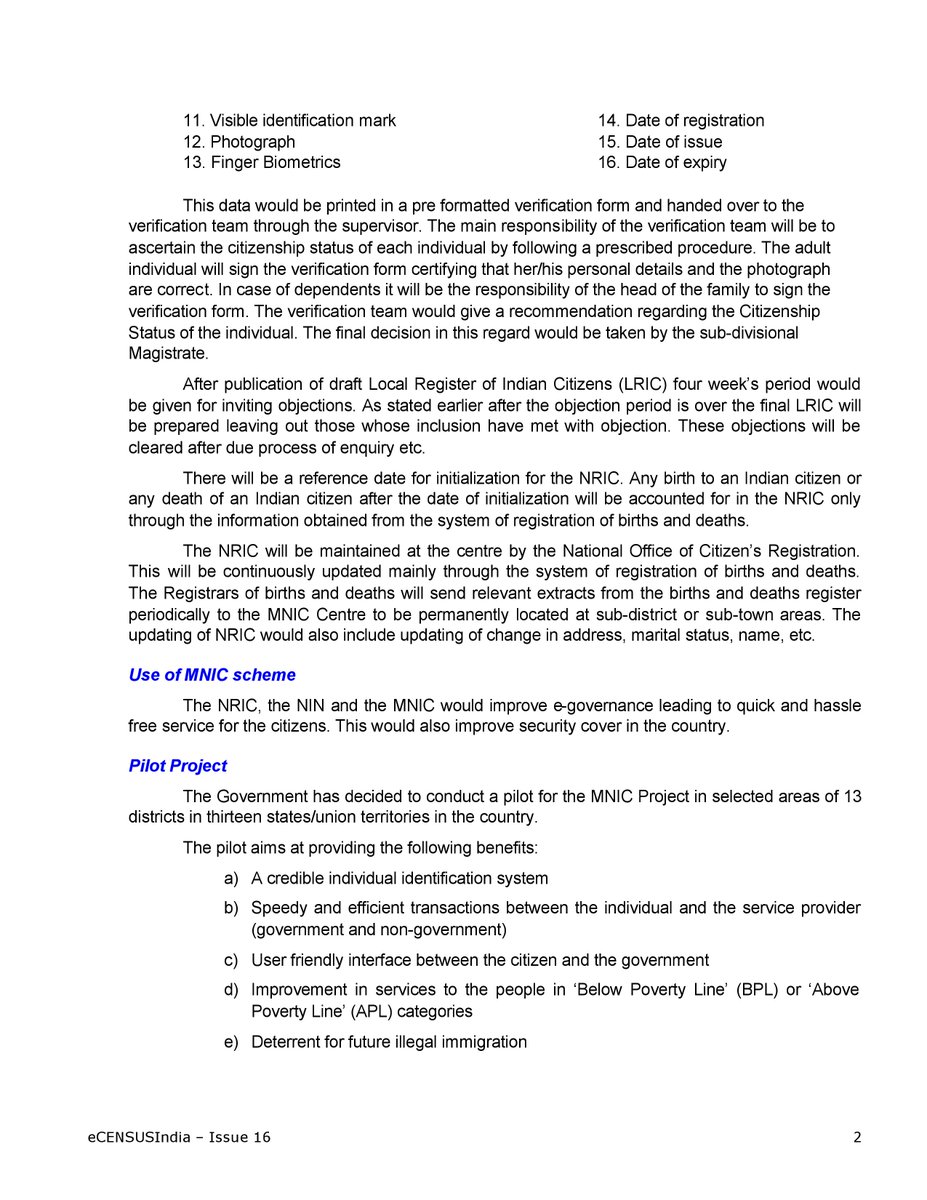
Short thread for lawyers & others who work on criminal justice system. The e-courts committee has shared a draft with vision for phase 3 of e-courts project. The draft was made by representative from Agami, Vidhi Legal Centre and Daksh.
cdnbbsr.s3waas.gov.in/s388ef51f0bf91…
cdnbbsr.s3waas.gov.in/s388ef51f0bf91…
There is a fundamental problem I have with the committee's vision. They propose Open-APIs to share data between all organizations of criminal justice system. At heart of this system is Inter-operable Criminal Justice System (ICJS). Which will integrate courts, prisons, police. 

ICJS as being said will give one a 360 degree overview of criminals in the criminal justice system. But it extends beyond criminals as the MHA wants to make amendments to Identification of Prisoners Act to included pretty much everyone into this system. ICJS is housed inside MHA
ICJS is actually an extension of Crime and Criminal Tracking Network and Systems (CCTNS). The systems under ICJS & CCTNS include the National Automated Facial Recognition System, Fingerprint Recognition System, Sexual Offenders Registry & lot more. ncrb.gov.in/sites/default/… 

Yup 360 degree profiles literally through surveillance systems. One of the key sub-systems is also e-Foreign Tribunal System which will deal with NRC. You can read the NCRB vision for ICJS in their journal. They want to link everything and anything. ncrb.gov.in/sites/default/…
This thing is so centralised, the e-prisons component of ICJS tracks the vehicles you use to go visit someone at prisons. Not joking, they pull your data from the National Vehichle Register/Vahan. Open APIs are not always good.
https://twitter.com/digitaldutta/status/1360588480284270592?s=20
I understand e-courts committee wants digitization, but it is proposing a centralized system which will be hosted at MHA, instead of a de-centralized system that takes MHA's power of surveillance into factor. One can't have these systems without looking at surveillance reforms
I would re-emphasize the people involved in the criminal justice system including the bar to take this seriously. Listing some of the documents that you can have a look to understand it further. archive.org/details/icjs_2… & archive.org/details/icjsno…
• • •
Missing some Tweet in this thread? You can try to
force a refresh

